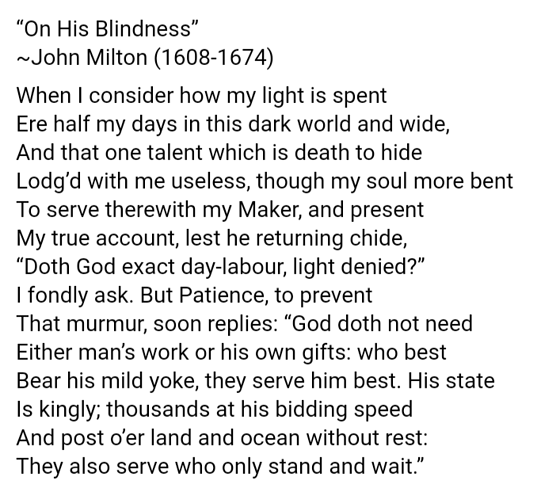Jesse TiersmaJesse, thank you for this. I’ve scanned it and now tell myself that I need to return to it when it’s quiet and I don’t have so many things niggling at me. There are lines in it that are thick and need some careful parsing to unpack them.
Kellyper.ardua, as to favorite bits of poetry, I fear that my selections are not all that lofty. I offer two selections: a nonsense sonnet, and an extended meditation on smoking tobacco in a pipe.
The sonnet is, as you’ll see, a farce on sonnet form. I came across it as a boy - probably around age 11 as I recall - in an anthology of nonsense poetry. The sonnet is typical of the contents of that book, as I recall it. But, for some reason I do not know and cannot puzzle out, the sonnet immediately stuck in memory (!). What does that tell you?
And, so, sixty years after I first read and instantly memorized it, here 'tis:
Oh that my heart might beat like buttered peas,
For the old egg of my desire is broken.
Gone’s the pearly white, and gone’s the yolk.
And as its melancholy contents grease my path,
The shorn lamb baas like bumblebees.
Time’s trashy purse is like a taken token,
Or, like a thrilling recitation spoken
By mournful mouths filled full with mirth and cheese.
But, should I choose to clasp the earthful urn?
Or find the frittered fig that felt the fast?
Or choose to chase the cheese around the churn?
Or swallow any pill from out the past?
Ah, no Love! Not while your hot kisses burn
Like a potato riding on the blast!
And, then, there’s this, about smoking tobacco in a pipe. Somewhere (don’t remember now), I read that this poem was routinely read at a gathering of Scotch Presbyterian men who gathered periodically in order smoke pipes and discuss theology. Supposedly, one of their number would stand to recite the verses, while the entire gathering would join in to exclaim the refrain: Think thus and smoke tobacco!
I don’t know if it’s true or not. I hope it is. It ought to be true. It is, additionally, a fantastic example of what sacramental spirituality is and how it works, namely to make manifest the parables that our Heavenly Father has hidden in every nook and cranny of His creation. In this case, the poem exposes the parables latent in the tobacco plant and its deployment in recreational smoking.
Part I
This Indian weed now wither’d quite,
‘Tho’ green at noon, cut down at night,
Shows thy decay;
All flesh is hay.
Thus think, and smoke tobacco.
The pipe so lily-like and weak,
Does thus thy mortal state bespeak.
Thou art ev’n such,
Gone with a touch.
Thus think, and smoke tobacco.
And when the smoke ascends on high,
Then thou behold’st the vanity
Of worldly stuff,
Gone with a puff.
Thus think, and smoke tobacco.
And when the pipe grows foul within,
Think on thy soul defil’d with sin;
For then the fire,
It does require.
Thus think, and smoke tobacco.
Then to thyself thou mayest say
That to the dust
Return thou must.
Thus think, and smoke tobacco.
Part II
Was this small plant for thee cut down?
So was the plant of great renown;
Which mercy sends
For nobler ends.
Thus think, and smoke tobacco.
Doth juice medicinal proceed
From such a naughty foreign weed?
Then what’s the pow’r
Of Jesse’s flow’r?
Thus think, and smoke tobacco.
The promise, like the pipe, inlays,
And by the mouth of faith conveys
What virtue flows
From Sharon’s rose.
Thus think, and smoke tobacco.
In vain th’ unlighted pipe you blow;
Your pains in inward means are so,
'Till heav’nly fire
Thy heart inspire.
Thus think, and smoke tobacco.
The smoke, like burning incense tow’rs
So should a praying heart of yours,
With ardent cries,
Surmount the skies.
Thus think, and smoke tobacco.
Ralph Erskine (1685-1752)


